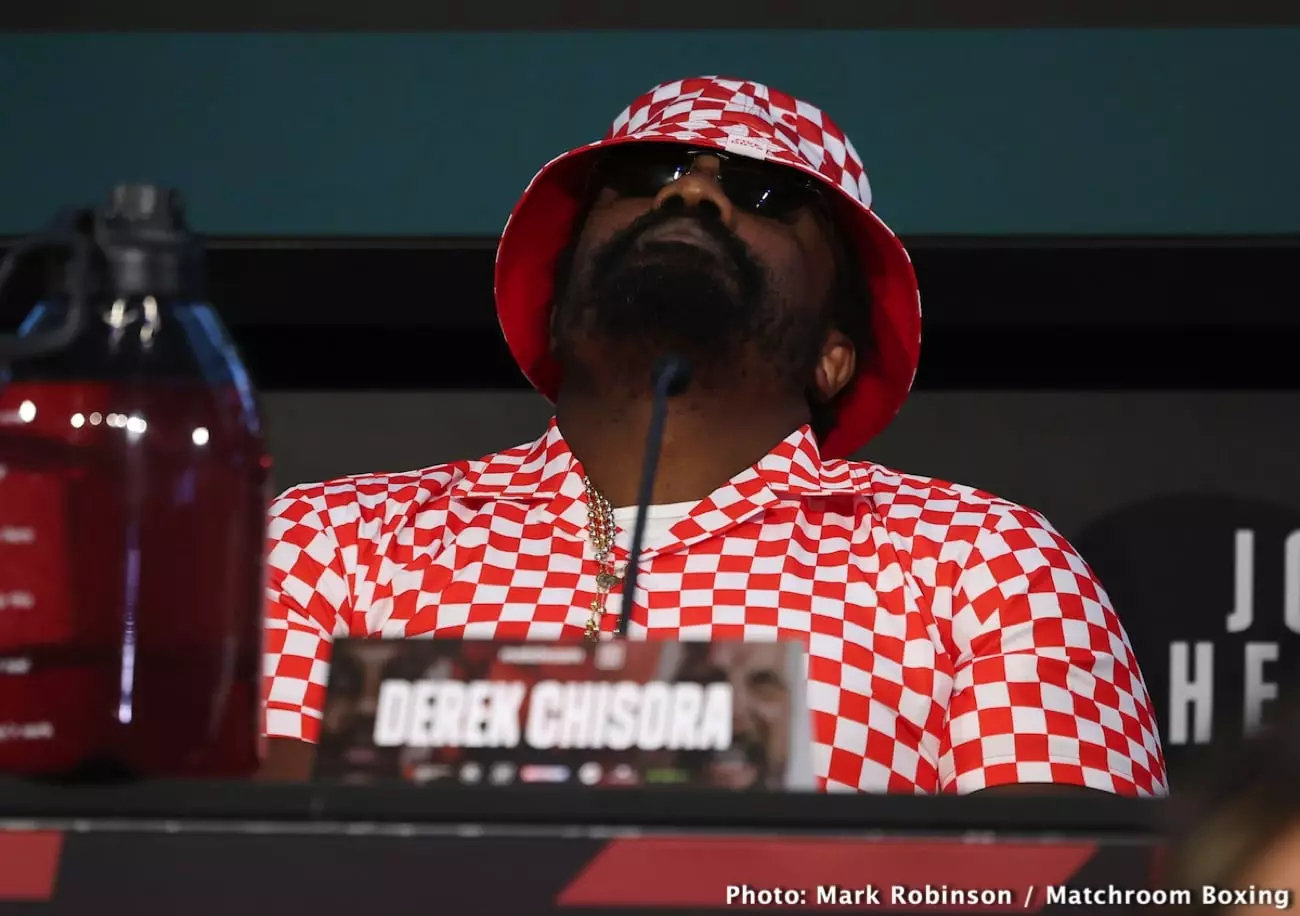Dillian Whyte’s recent bout against Ebenezer Tetteh exposed glaring deficiencies that have escalated concerns about his future in the heavyweight division. The 36-year-old fighter, who previously showcased immense talent and resilience, appeared lackluster and fatigued throughout the match. Undoubtedly, the combat sports community was collectively shocked to witness a once-promising athlete struggling to dominate a competitor who, while game, was undeniably below his caliber. As Whyte staggered through the rounds, it became increasingly apparent that he was far removed from his prime, raising alarms about his long-term viability in a sport notorious for favoring youth and athleticism.
Whyte’s performance was riddled with lapses and an alarming inability to evade even basic attacks. Taking shots that experienced fighters should evade or absorb with minimal damage, he left fans questioning not only his stamina but also his overall boxing acumen. The conclusion of the seventh round, marked by Tetteh’s withdrawal, painted a stark picture: what was once a realm dominated by skill and strategy is now mired in a quest for relevancy amidst athletes experiencing significant decline. Observers cannot help but wonder if this fight was a signal that Whyte’s days at the elite level are nearly over, making his aspirations for future high-stakes matchups seem somewhat delusional.
Despite the evident decline in his abilities, Whyte remains defiant in his pursuit of another major fight, even targeting notable names such as Anthony Joshua and Tyson Fury. These high-profile matchups, however, are increasingly unrealistic given his recent form. While some boxing analysts may speculate about potential opponents like Martin Bakole, who could prove to be a disastrous contest for Whyte, the reality is that his path forward needs careful consideration. Suggesting that Whyte take on younger, vigorous competitors such as Johnny Fisher only reiterates the perilous nature of his current trajectory.
At this juncture, it would be more prudent for Whyte to engage in bouts that align better with his current capabilities. Considerations for a rematch with Derek Chisora or even a clash against Joe Joyce, both fighters struggling in their own right, emerge as feasible options. These matchups not only promise to be competitive but also potentially rewarding for Whyte, should he want to leave a more favorable impression in the hearts of boxing fans. The reality, however, remains grim—the risks of further embarrassing defeats loom large as Whyte ventures forth into an inherently unforgiving division.
Ultimately, fans must grapple with the harsh truth: Dillian Whyte’s time as a contender for elite status seems nearing its expiration. The glory days of flashy victories and thrilling bouts seem to belong to a distant past, and lingering in the ring with top-tier competitors risks tarnishing his legacy further. As he contemplates his next moves, embracing realistic opponents and acknowledging the pressing need for adaptation could be the key to safeguarding his reputation while strategizing toward a dignified exit from the sport. The question remains: will Whyte rejuvenate his career, or has the curtain finally fallen on his boxing saga?


Napsat komentář